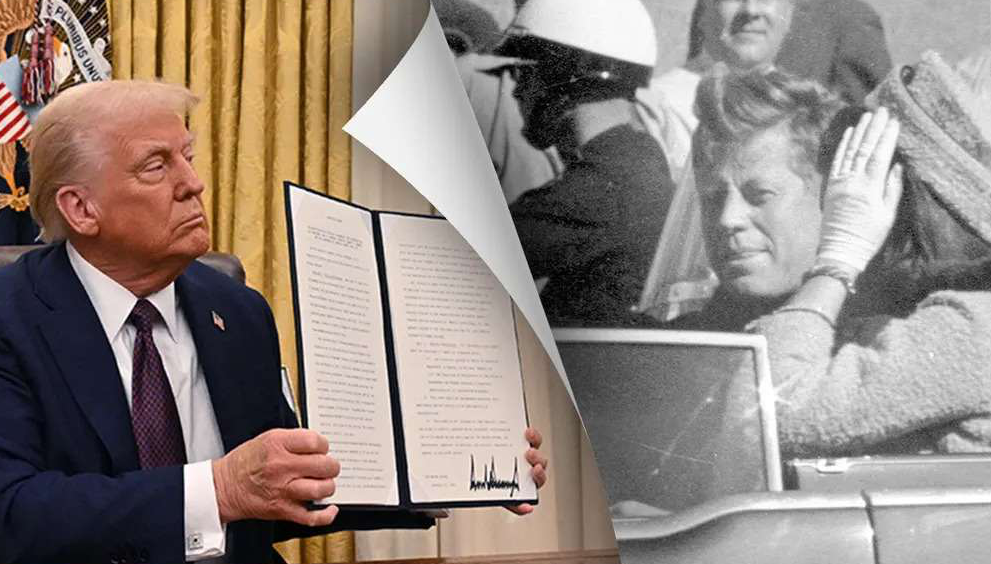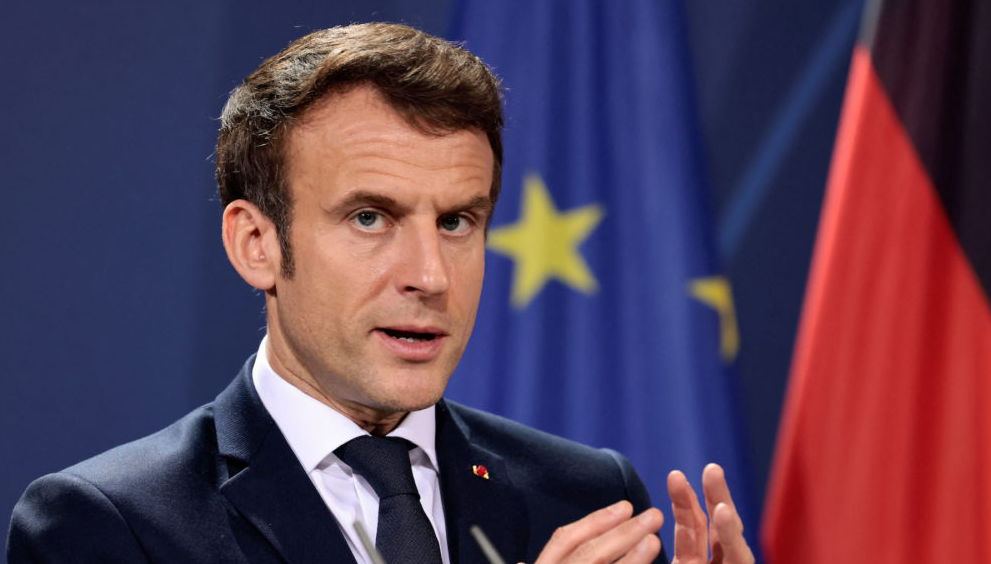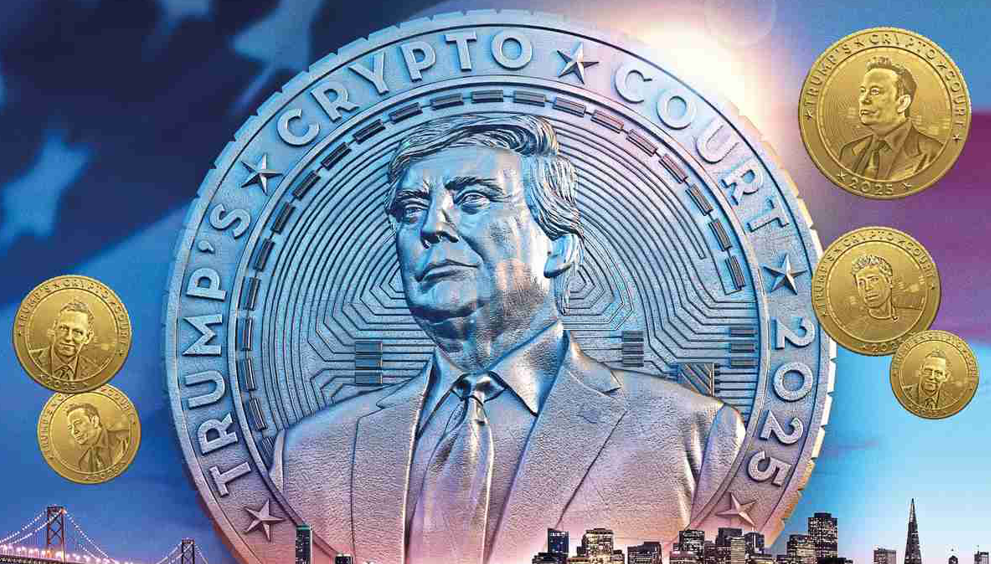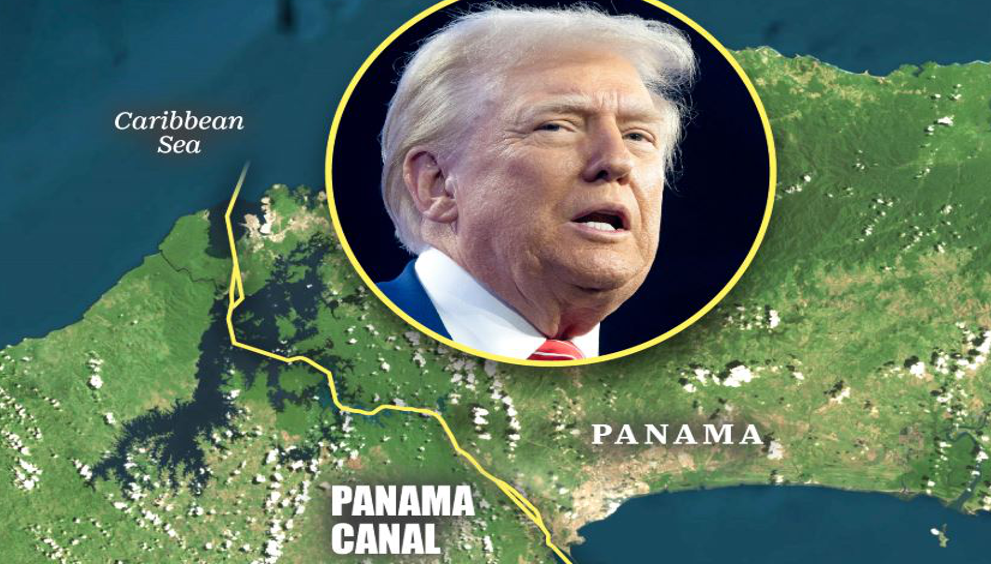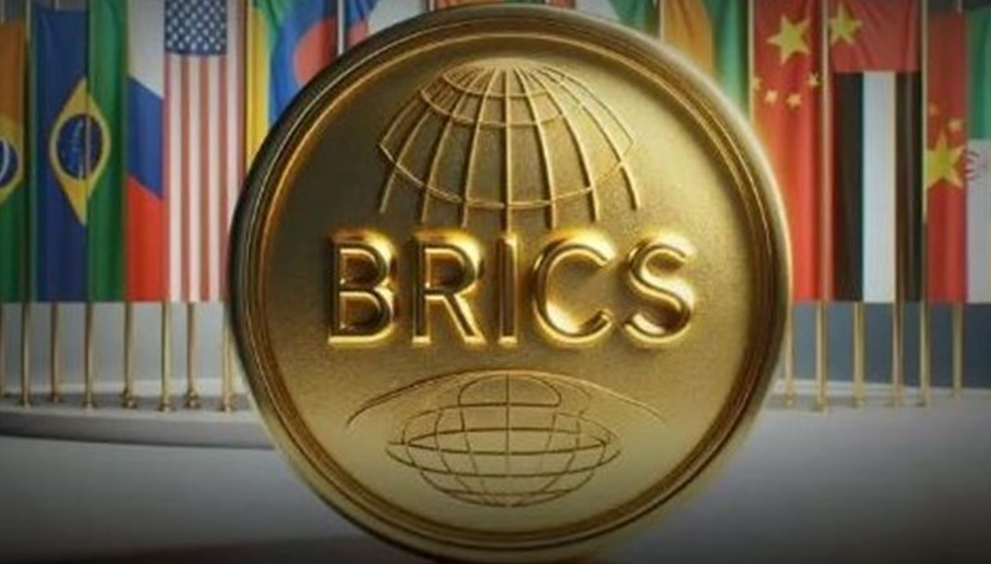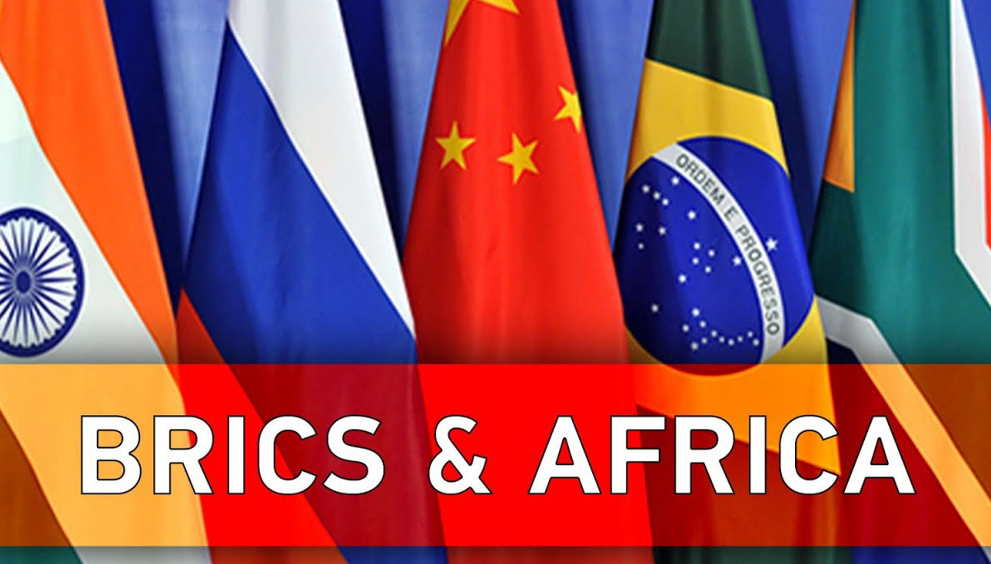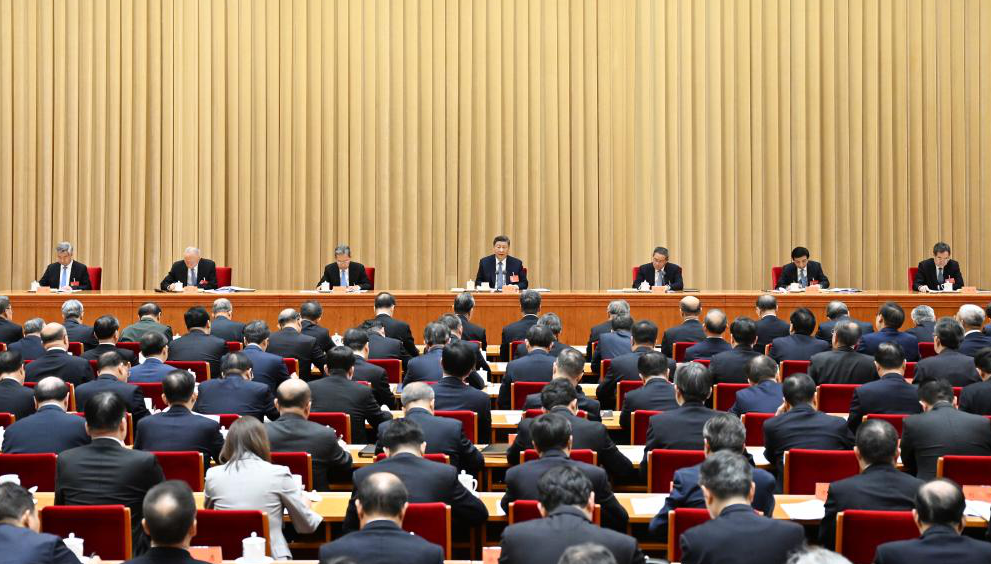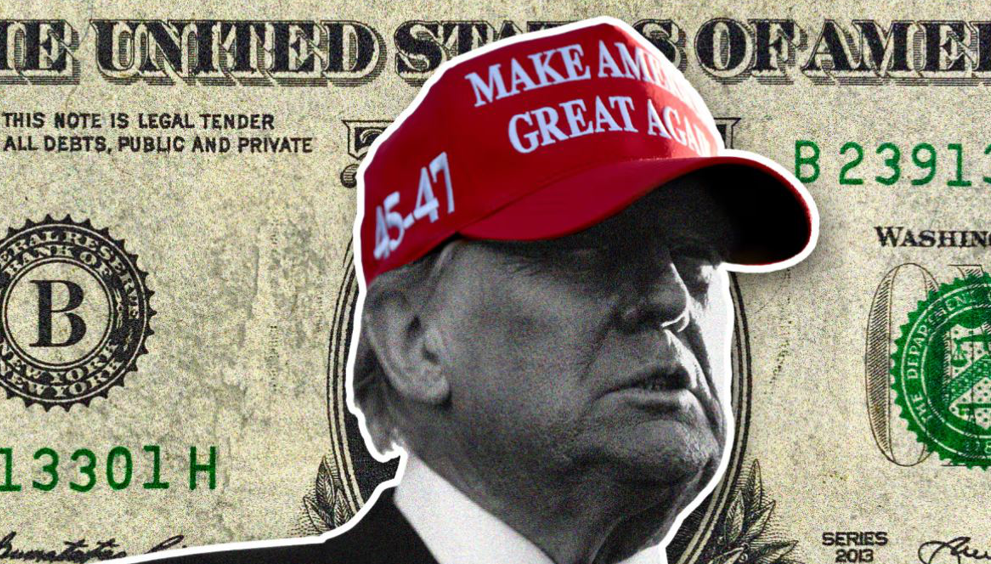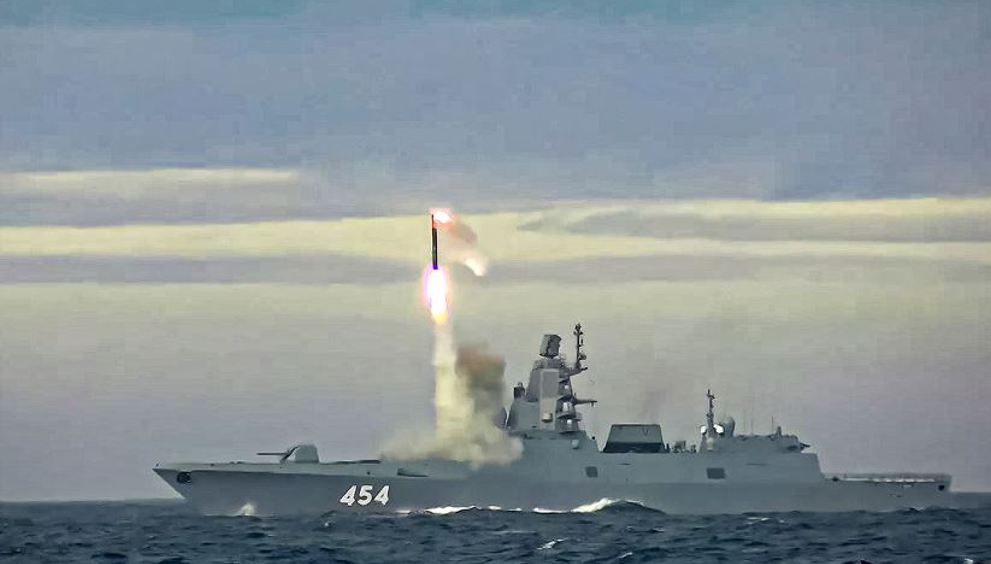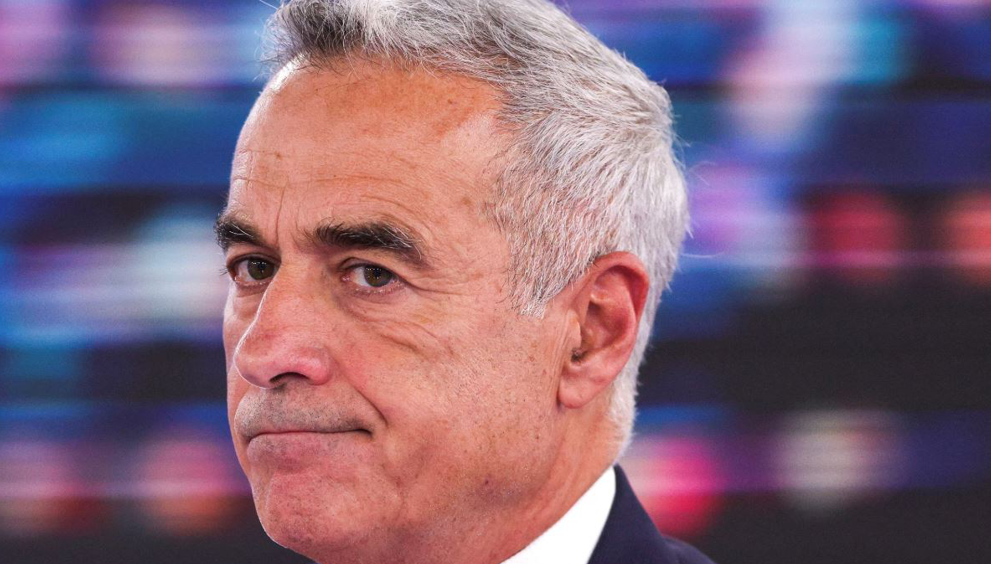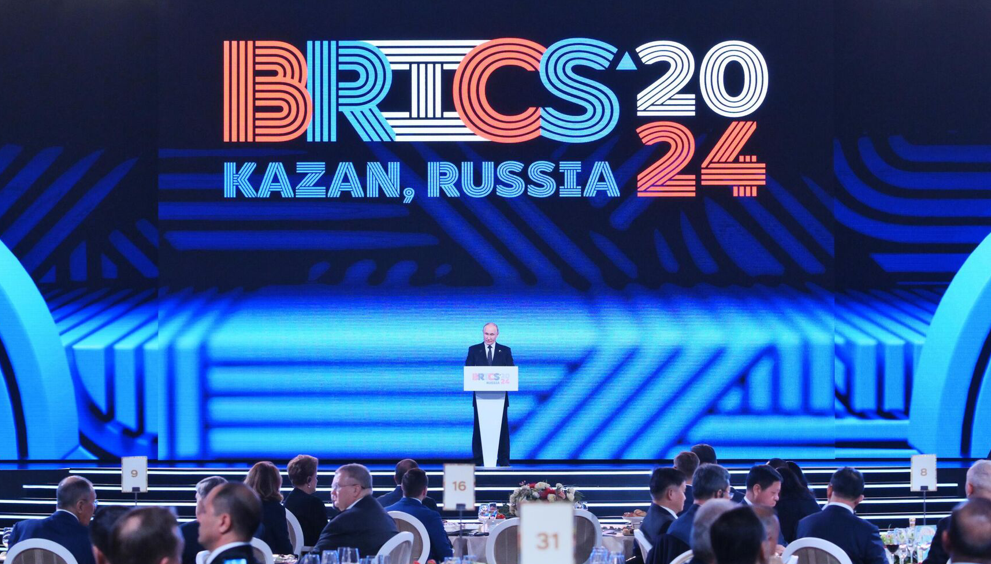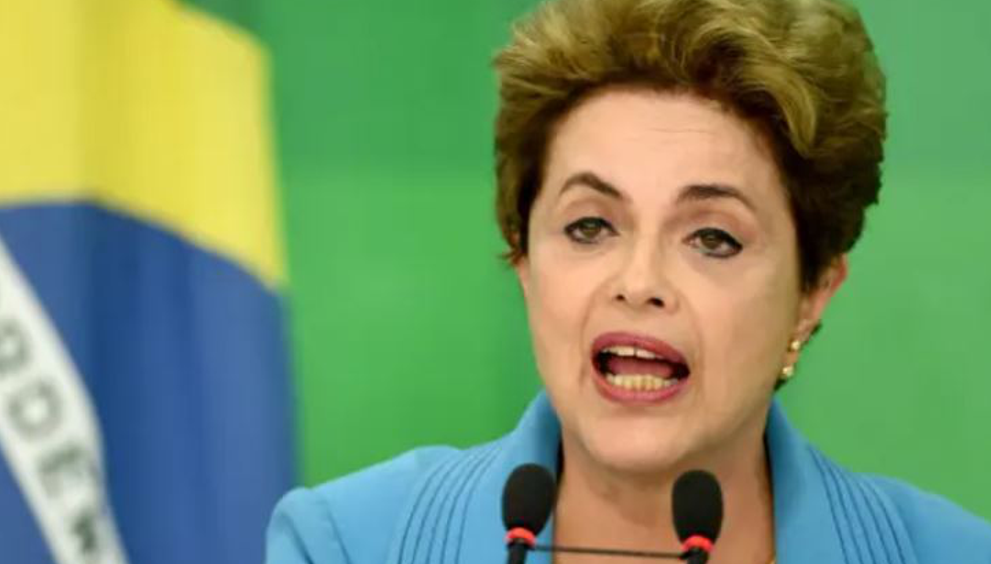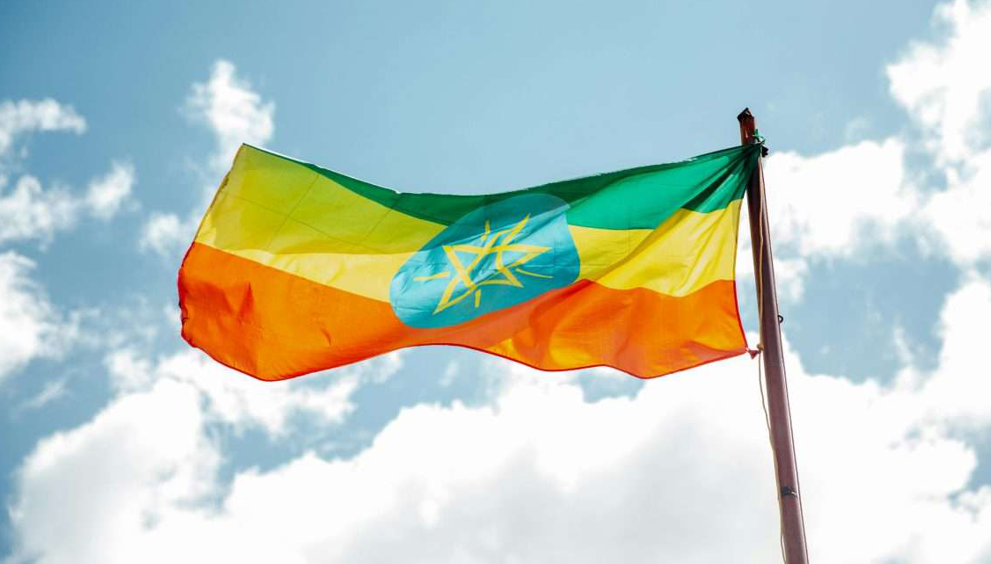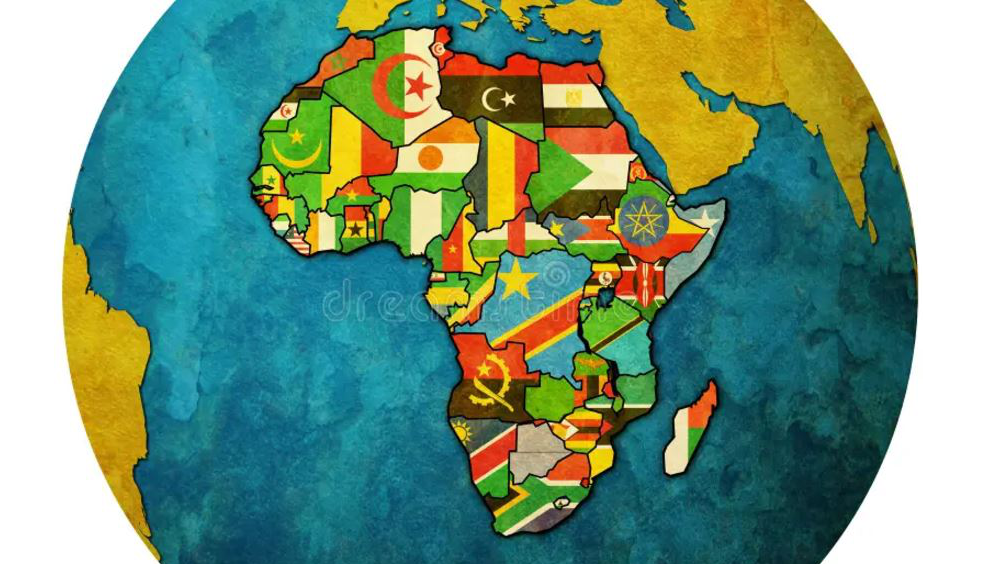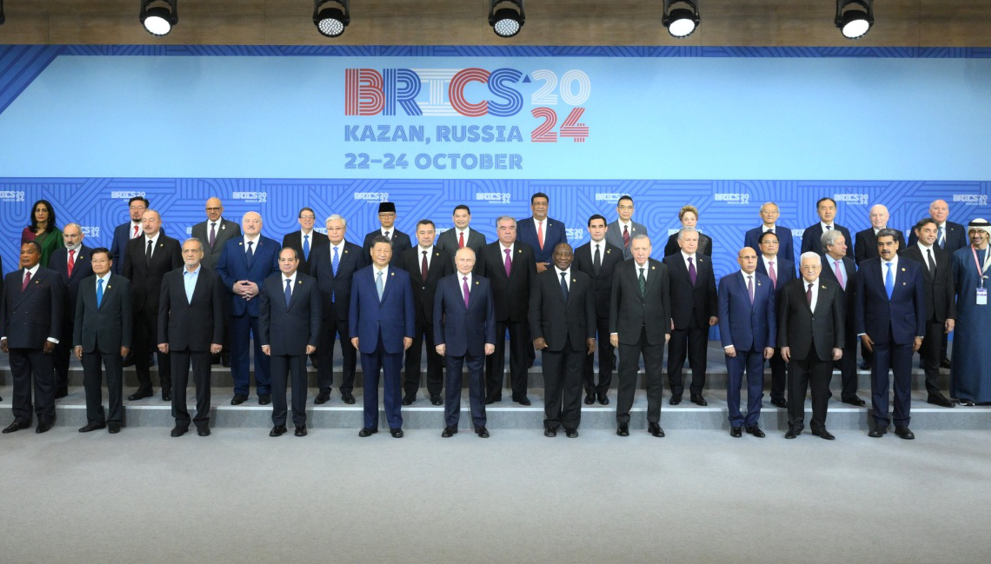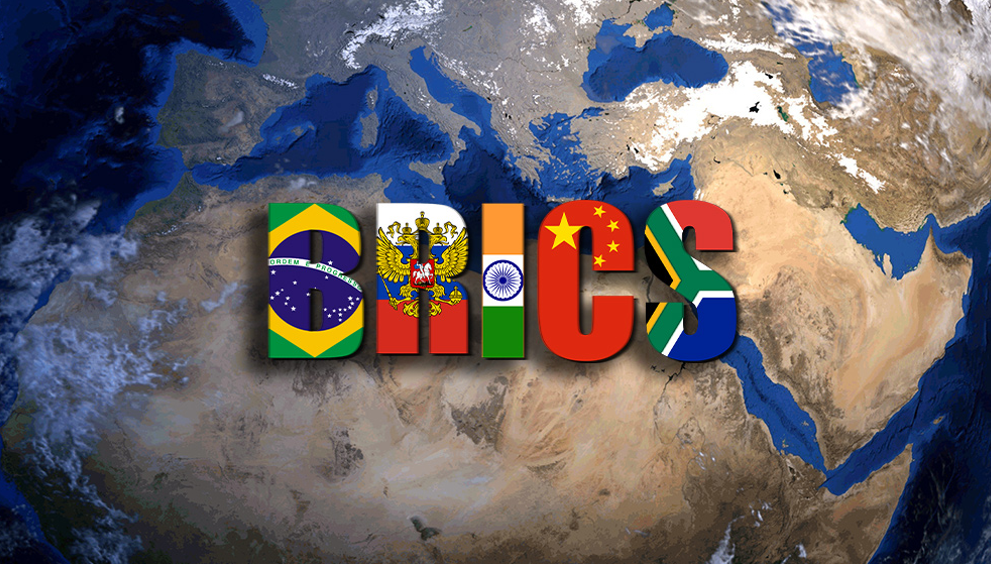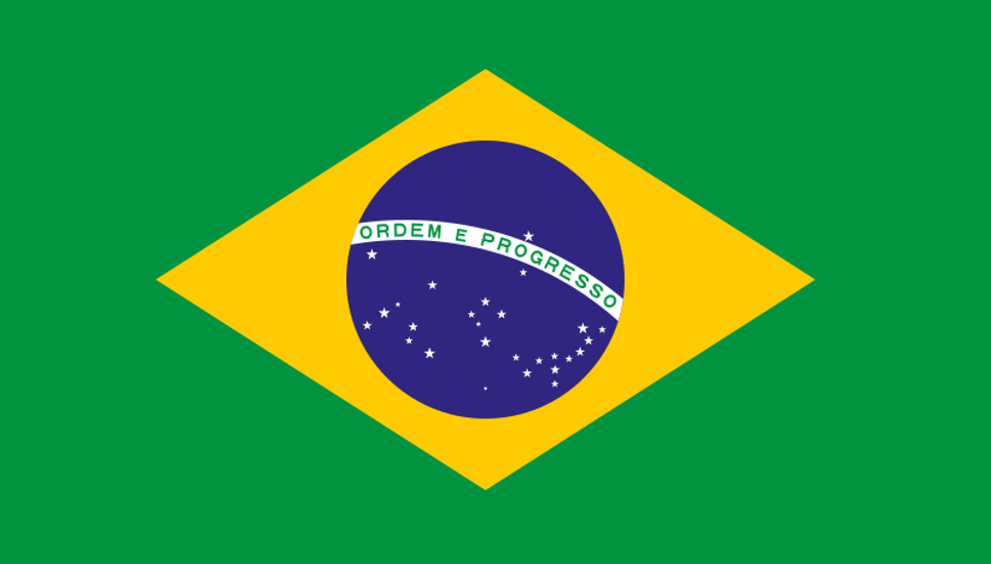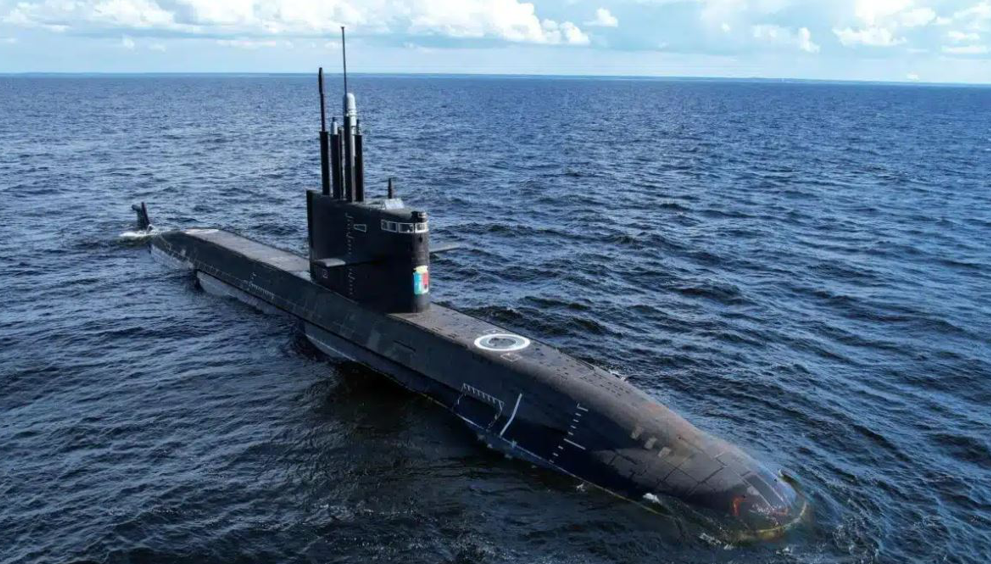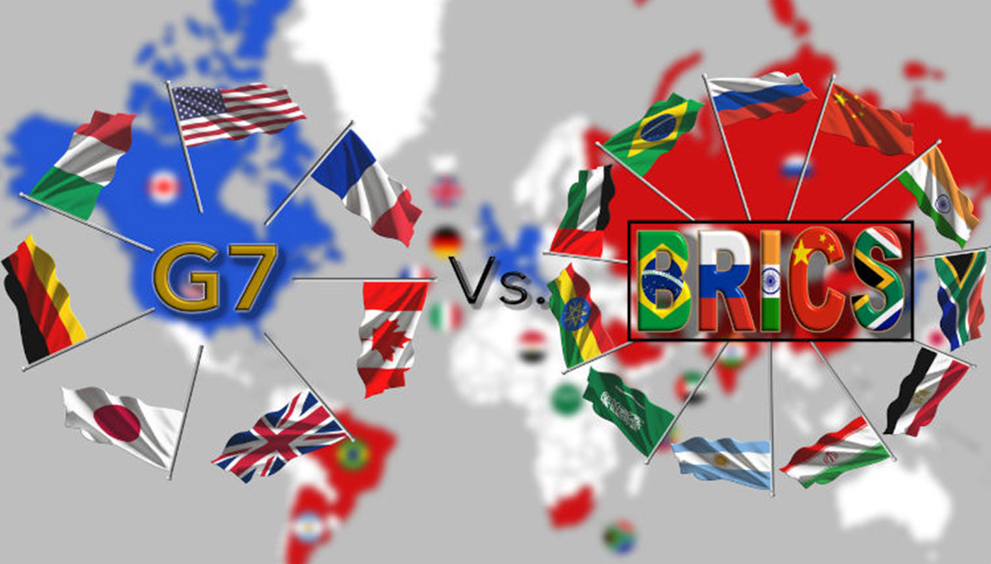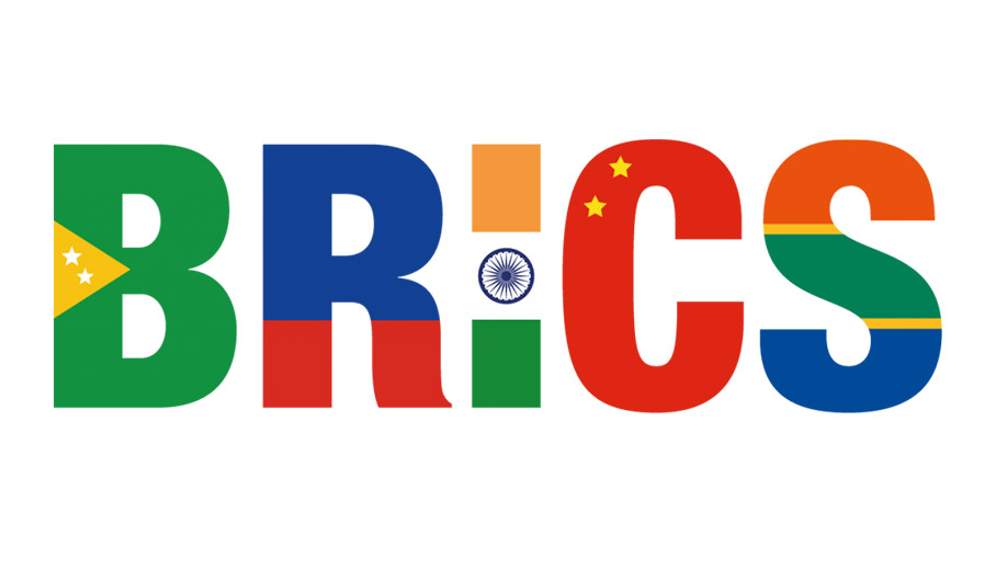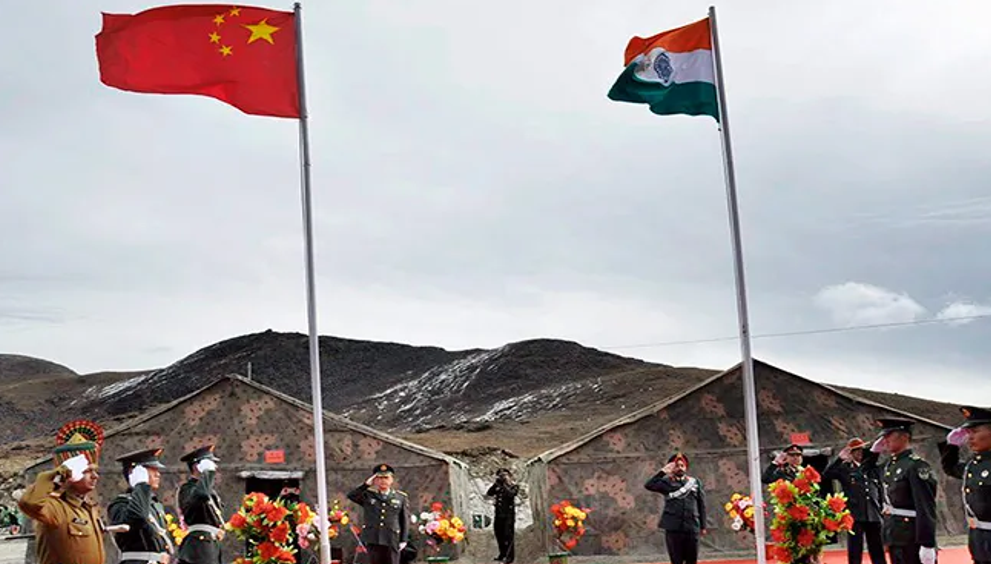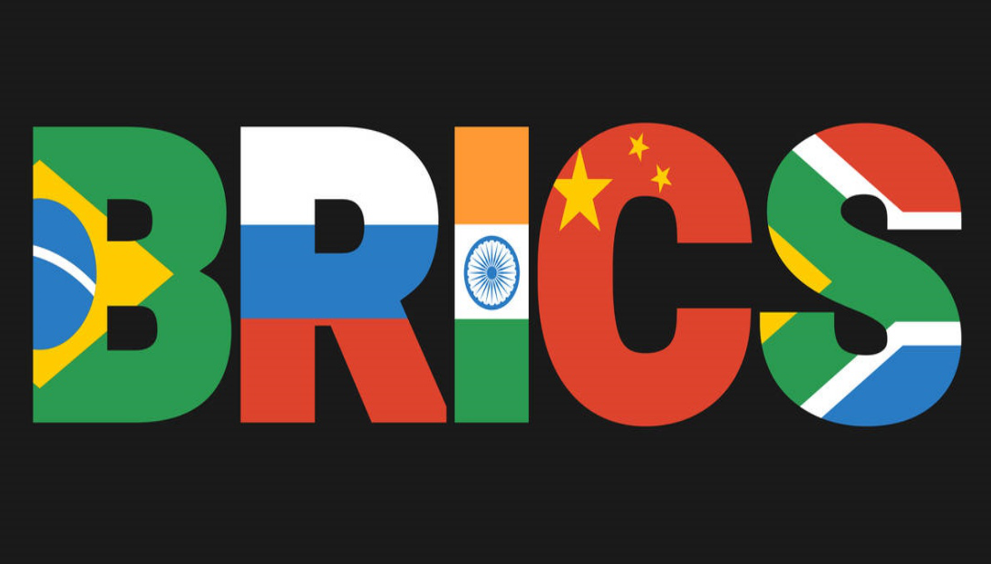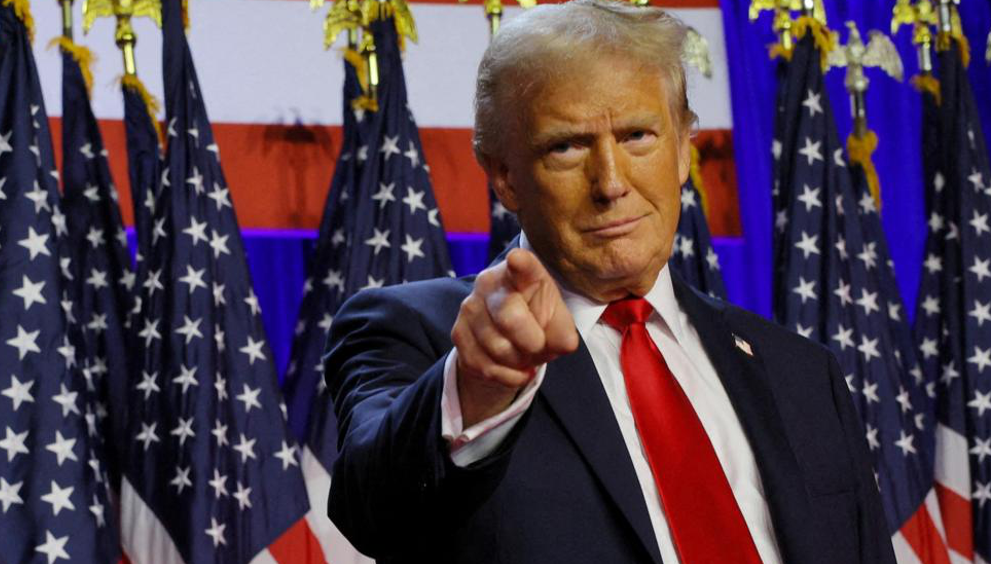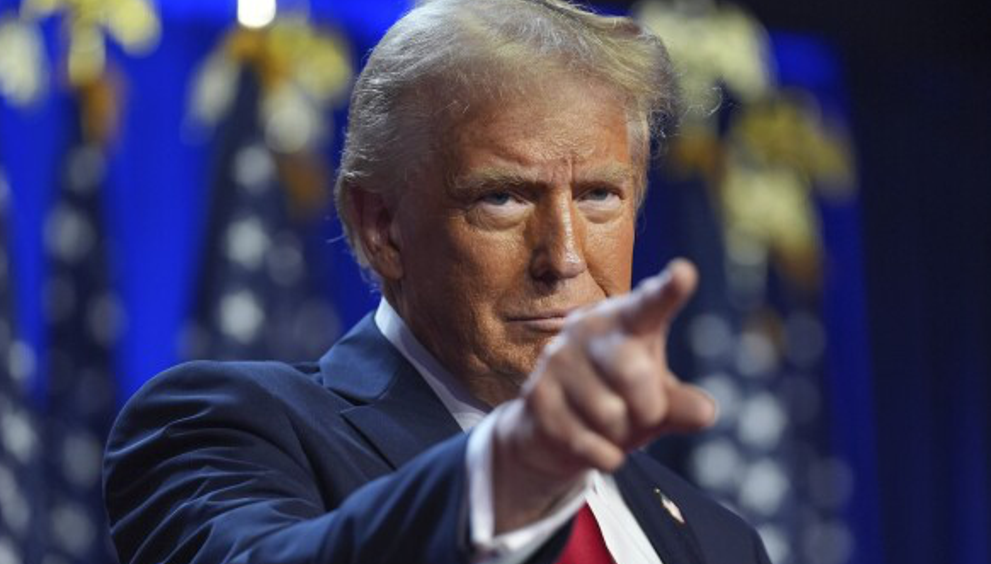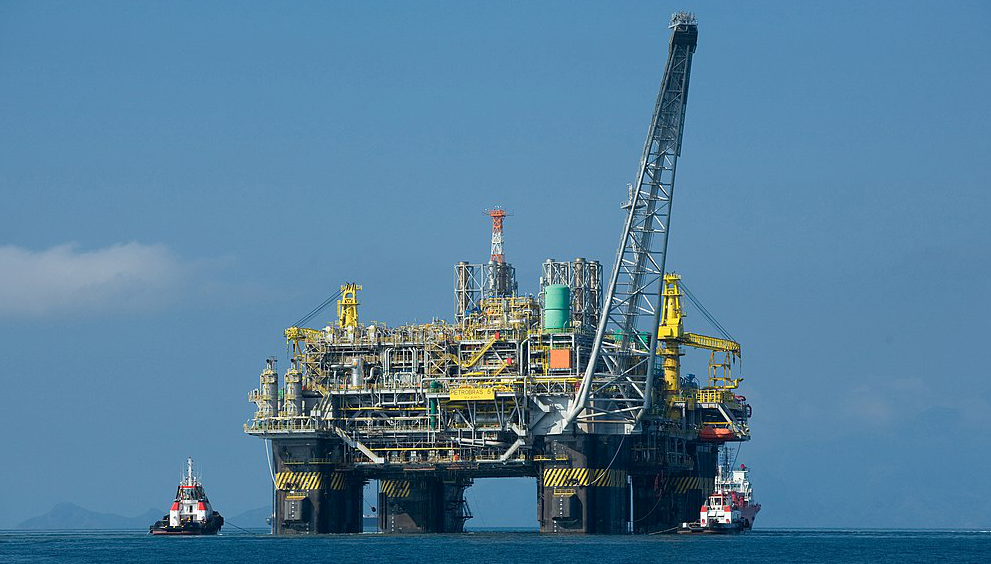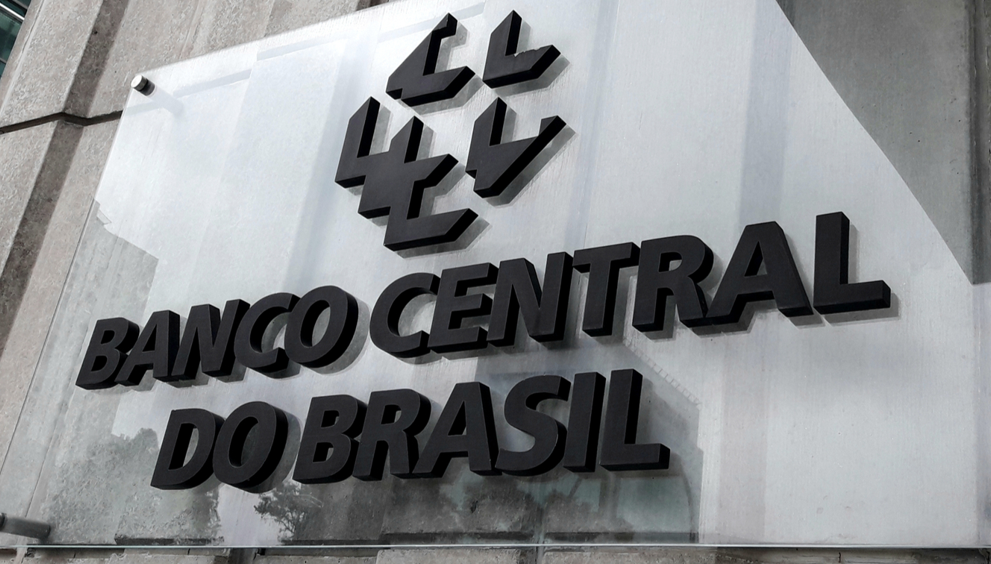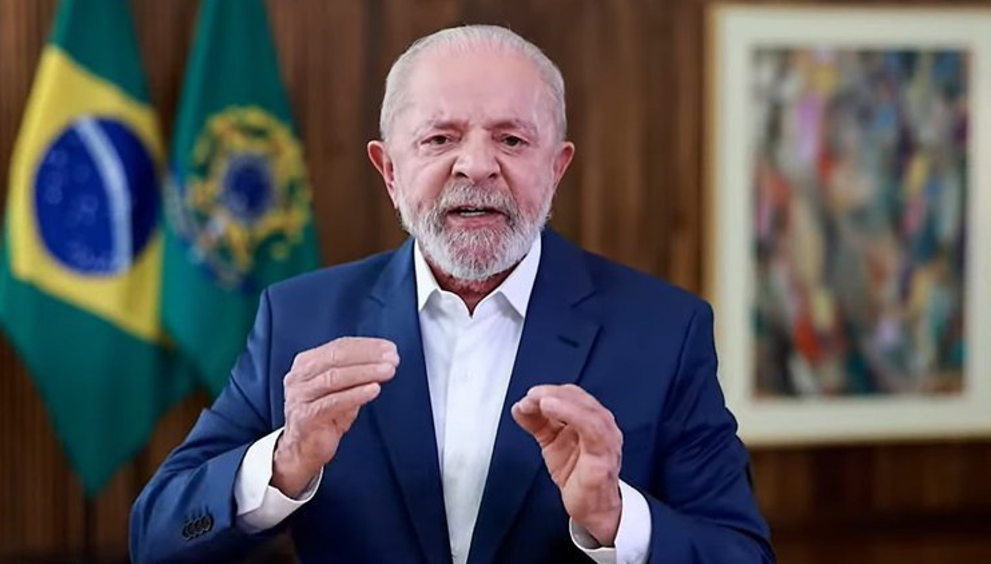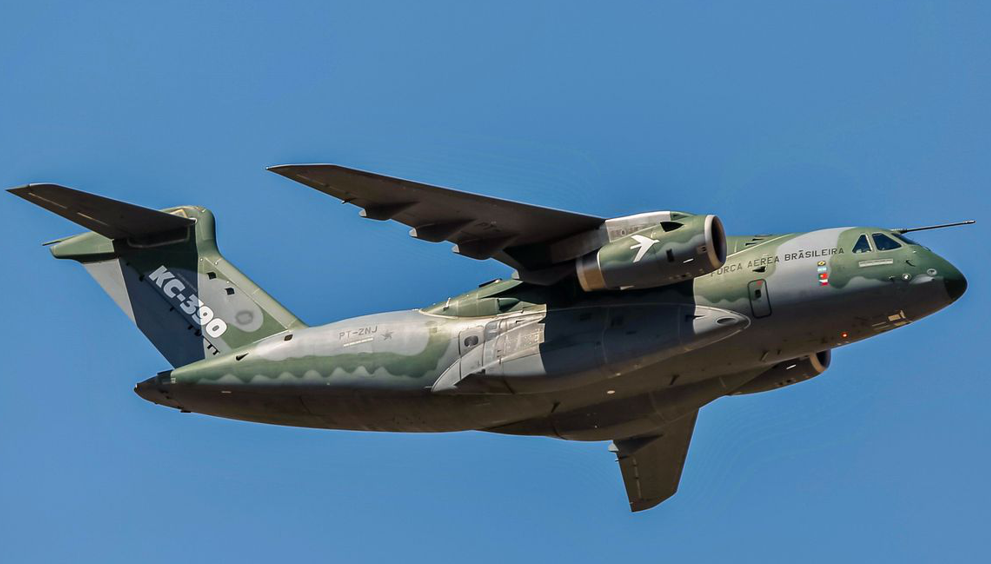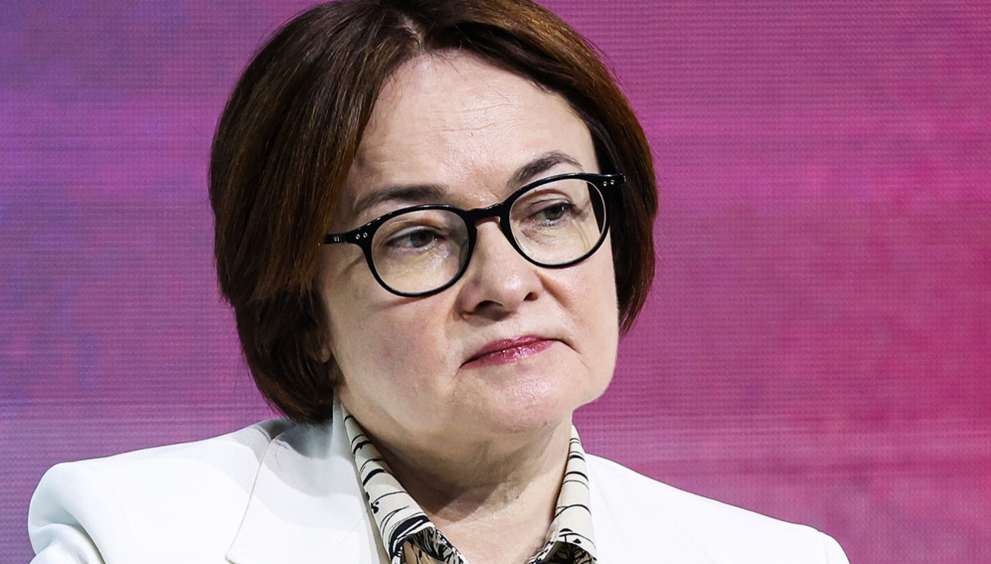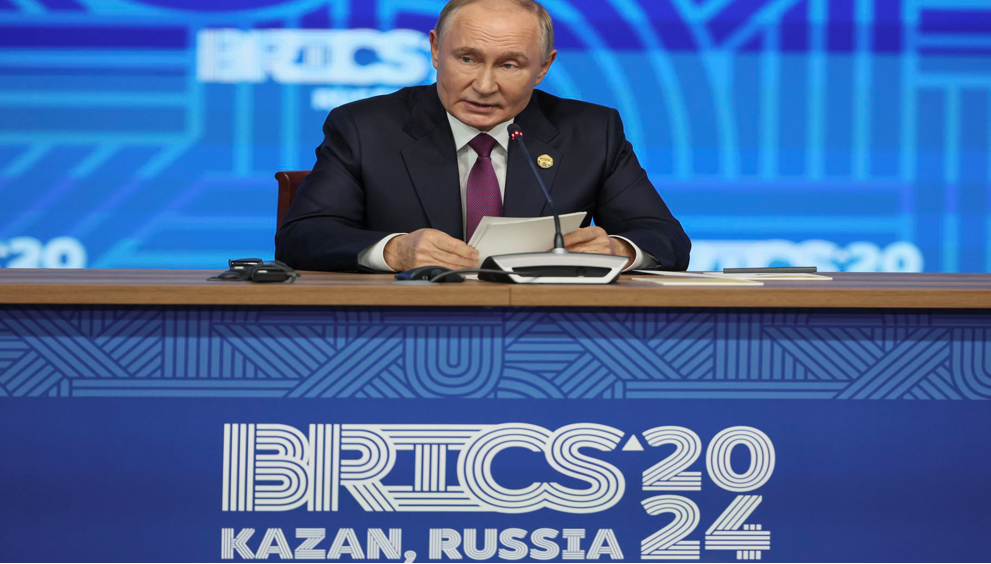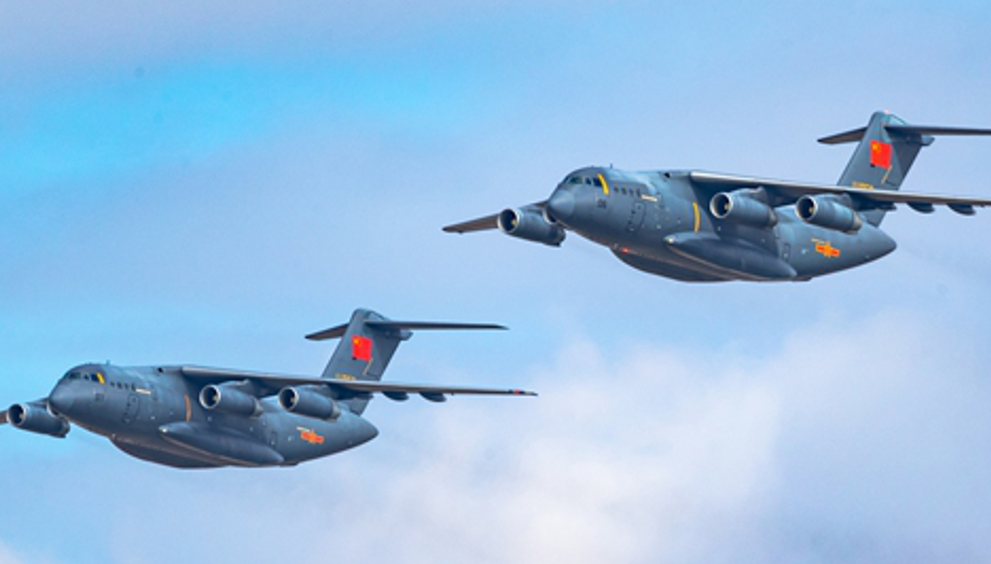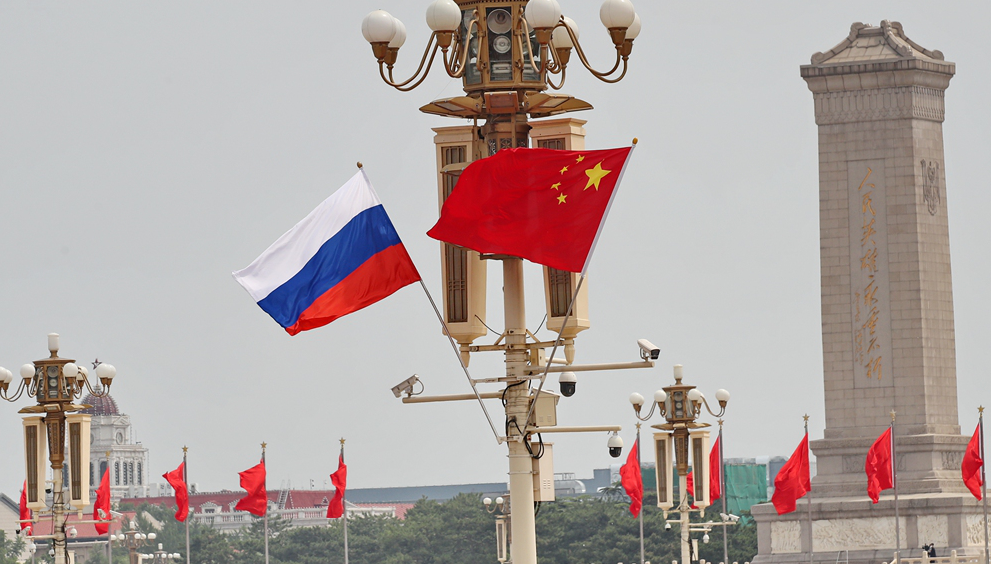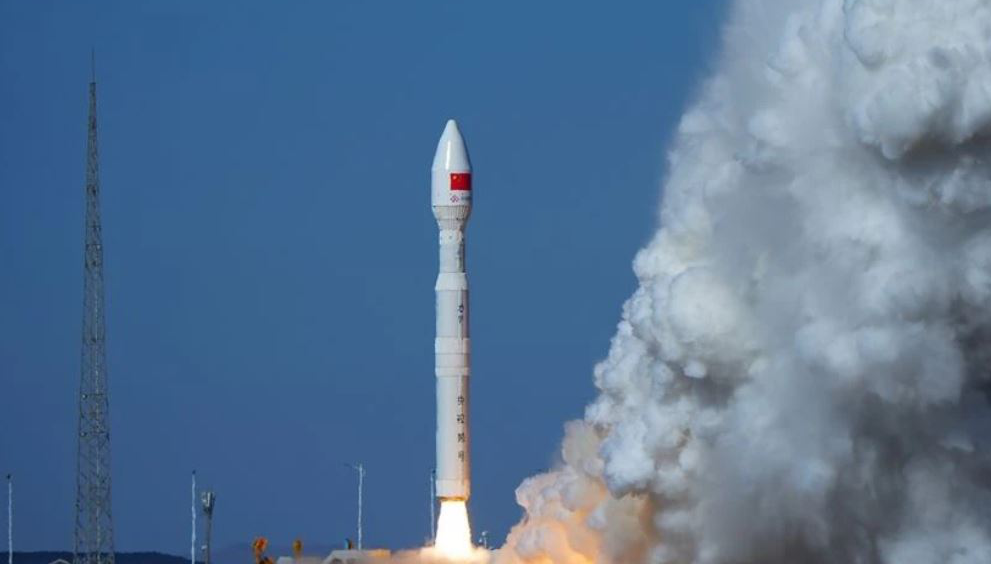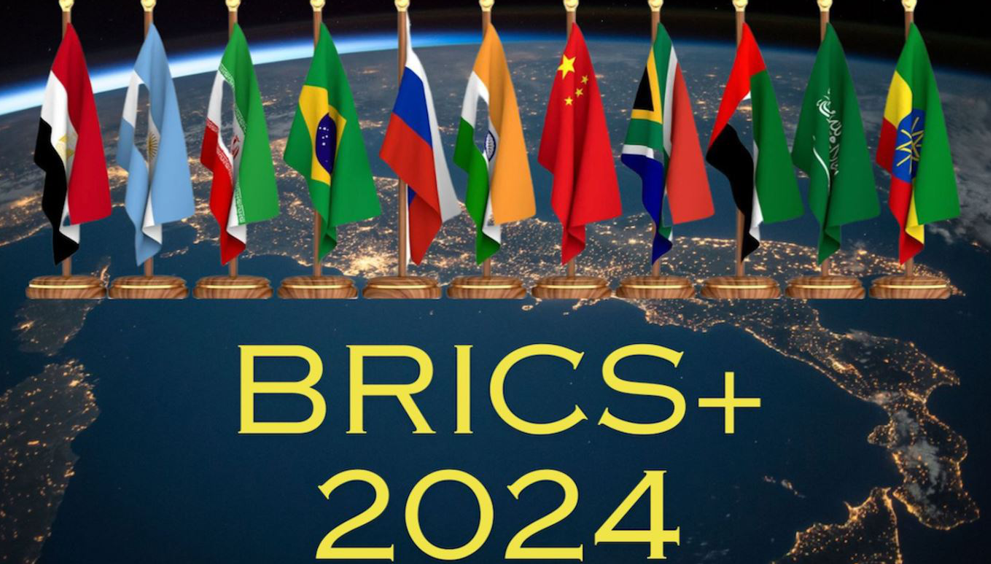BRICS and the US Dollar: A New Era in Global Trade
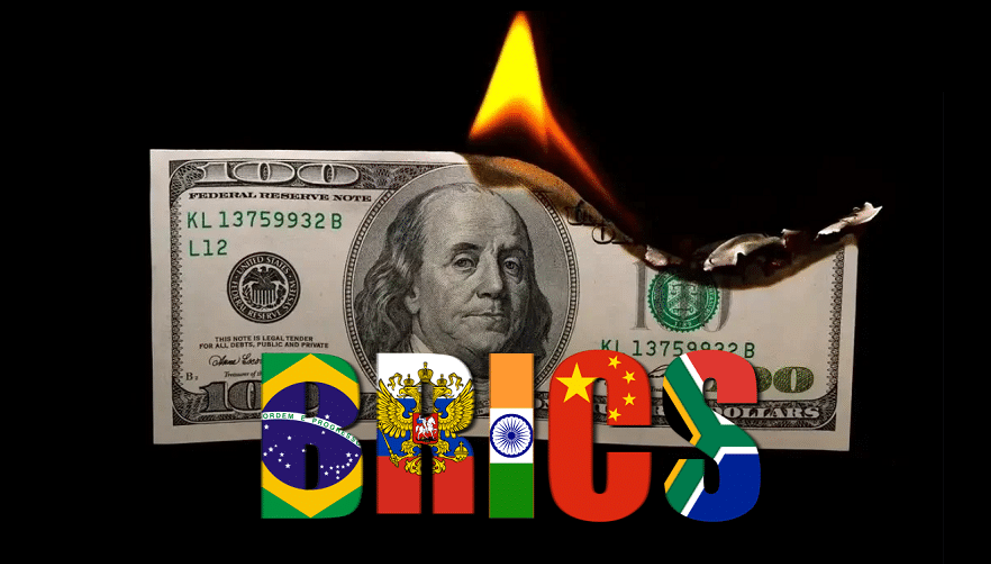
Around 40% of Turkey’s annual natural gas demand of 56 billion cubic metres is supplied by Russia. However, payment disruptions caused by the Ukraine war and US sanctions have created significant risks for Turkey’s energy security, making the search for alternative supply routes a necessity.
Despite US sanctions on Iran, Turkey has been able to continue its natural gas payments to Iran under temporary exemptions. Nonetheless, reliance on the US dollar increases both operational and political risks. Turkey’s potential membership in BRICS faces objections due to India’s strained relations with Pakistan, but it is anticipated that this issue may be resolved over time.
Trump and BRICS Nations’ Move Against the Dollar
The 47th President of the United States, Donald Trump, responded sharply to BRICS nations’ efforts to reduce their dependence on the US dollar. Trump stated, “BRICS countries should neither create a new BRICS currency nor replace the dollar with any other currency. If they do, these nations will face 100% tariffs and exclusion from the US market,” defending the dollar’s dominant position in global trade.
In contrast, Russian President Vladimir Putin emphasised that moving away from the dollar has become a necessity due to US sanctions. He remarked, “We were not against the dollar, but our use of it has been blocked. We have no choice but to seek alternatives. When a country is excluded from the global banking system, it must find other ways,” pointing to the US as the main instigator of this process.
BRICS and the US: Economic Rivalry
The combined gross domestic product (GDP) of BRICS countries has now closely approached that of the United States. However, BRICS has a notable advantage: a population of 3.5 billion, which is ten times the size of the US. This demographic strength positions BRICS as a formidable alternative in global trade.
The idea of BRICS establishing a common currency has the potential to disrupt the US dollar-centric economic order. The meritocratic, long-standing autocratic governance in BRICS countries presents a contrast to the democratic structure of the US, reflecting differing approaches in international cooperation.
A Turning Point in Global Trade
BRICS nations’ efforts to develop an alternative to the dollar and the US’s attempts to maintain its dominance mark a critical turning point in global trade. Energy-dependent countries like Turkey will need to reassess their strategic positioning in this evolving landscape.
If BRICS succeeds in creating an alternative system to the dollar, it could not only impact the US economy but also fundamentally alter trade dynamics for countries like Turkey. Decisions made during this period could lay the foundation for a new global economic and political order.
Haluk Direskeneli
Haluk Direskeneli worked in public, private enterprises, USA Turkish JV companies (B&W, CSWI, AEP, Entergy), in fabrication, basic and detail design, marketing, sales and project management of thermal power plants. He is currently working as freelance consultant/ energy analyst with thermal power plants basic/ detail design software expertise for private engineering companies, investors, universities and research institutions. He is a member of Chamber of Turkish Mechanical Engineers Energy Working Group.
Eurasia Review


 English
English 
